By: Africa Insights
The African National Congress (ANC) has begun the countdown to its 55th National Conference in December 2022
– five years after the nail-biting conference in 2017 culminated in the election of the current party and state president Cyril Ramaphosa.
There were high expectations in the party, and the country for that matter, after Ramaphosa’s election in 2017.
But not much has changed for the better in the ANC in the five years since. Quite the contrary. Divisions run much deeper, more widespread, and are more antagonistic within the party. And the country is more divided and polarized.
The ANC’s victory in the national elections in 2019, albeit by a smaller majority, did stem the tide of the decline of the party and promised much to the country. But it turned out to be a temporary reprieve, false dawn.
Growing internal disunity and discontent, manifested by voters deserting the polls or to new, smaller parties that sprung up, resulted in the governing ANC getting less than 50% of the national vote in the 2021 local government elections. This continued a trend from the 2016 local elections when a dismal showing resulted in the loss of control of several major cities.
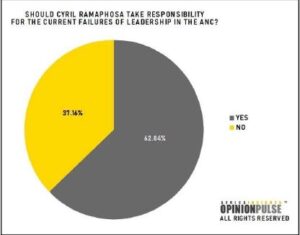
If not the ANC, then who?
In fairness, while the ANC is losing support no other party is gaining anything like the numbers needed to
cobble together a national government.
Even in its worst election showing, the ANC received more than double the vote of the next biggest party, the Democratic Alliance (DA). The DA has twice the support of the third biggest party, the Economic Freedom Fighters (EFF), which won only one in ten votes. And both parties did not perform well in the recent municipal elections. In fact, they both lost momentum to new and smaller political parties.
But this is cold comfort for both the ANC and Ramaphosa.
If not Ramaphosa, then who?
Ramaphosa’s name, and his image, are indelibly associated with everything that is currently wrong, and could possibly be made right, in the ANC and in the country.
Unsurprisingly, a recent Opinion Pulse poll shows that much of the blame for the state of the ANC and the country is laid at Ramaphosa’s feet.
There is a widely held opinion that he has been indecisive in resolving the political and economic shortcomings bedeviling the ANC and the country, and partisan in attributing blame for the problems.
Notwithstanding the drop in support, Ramaphosa is determined to win a second term. He is the front runner after all and will come out fighting. But the road ahead is littered with obstacles. Victory will not be gifted to him.
The path to power is not assured. Ramaphosa’s rivals are divided into splinter camps and weakened, particularly those facing various charges of corruption exposed by the “Judicial Commission of Inquiry into allegations of state capture, corruption and fraud in the Public Sector including Organs of State” and those affected by the party’s “step-aside” rule (disqualifying candidates facing criminal charges) like the ANC’s former Treasurer and government health minister, Zweli Mkhize.
But there are other strong contenders waiting on the sidelines, bidding their time. Among the leading contenders are his politically savvy deputy and kingmaker at the ANC’s 2017 conference, David Mabuza, and the political dark horse, Lindiwe Sisulu.
And should Sisulu enter the race and win, she would become the first woman president of the party and the country;
breaking with a long history of male dominance of the ANC.
The Opinion Pulse poll shows there is broad support for a woman to lead the party.
The country cannot afford another five years of turmoil and uncertainty while the ANC sorts out its leadership
problems. And if it does not, it could lose its slight majority in the 2024 national elections.
The ANC’s destiny, the country’s future, hangs in the balance.
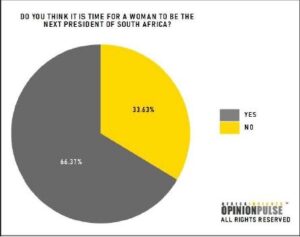
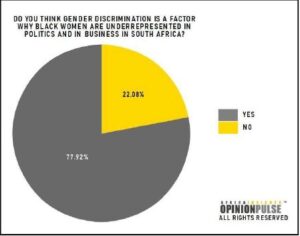
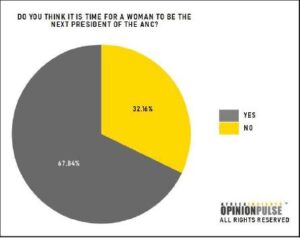
LEADING CONTENDERS
David Mabuza
David Mabuza was catapulted to the party and state deputy presidency after he out-maneuvered other factions and became the kingmaker at the party’s 2017 conference. It was a re-run of the ANC’s 2007 Polokwane conference
when Mabuza backed former president, Jacob Zuma, against the incumbent and also former president, Thabo Mbeki.
There is speculation he is interested in the top job for himself this time around.
Mabuza previously served as the uncontested premier of Mpumalanga province between 2009-2018 and was an influential member of the party’s National Executive Committee (NEC).
He served in various senior positions in the provincial government between 1994-2008.
Lindiwe Sisulu
Lindiwe Sisulu has the political pedigree, track record, and experience, and could probably be Ramaphosa’s biggest challenge.
Daughter of anti-apartheid activist parents Walter and Albertina Sisulu (her father served as secretary-general and deputy president of the ANC), she has been a member of parliament since 1994 and is a member of the party’s National Executive Committee (NEC).
Sisulu served as a cabinet minister in successive governments since 2001: Intelligence (2001-2004); Housing
(2004-2009); Defence (2009-2012); Public Service and Administration (2012- 2014); Human Settlements (2014-2018); International Relations and Cooperation (2018-2019); Human Settlements, Water and Sanitation ((2019-2021); and Tourism (since 2019).
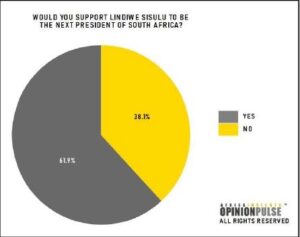


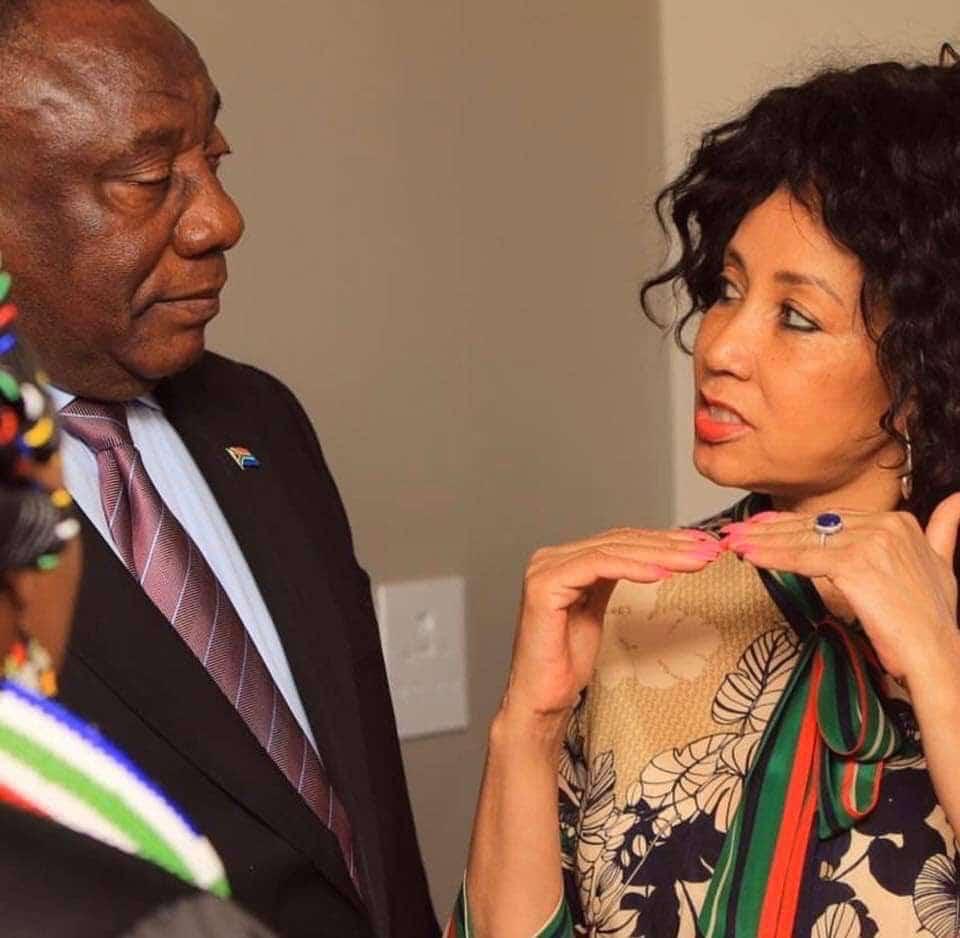
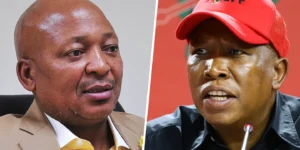
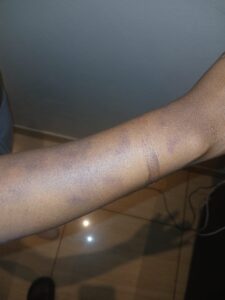
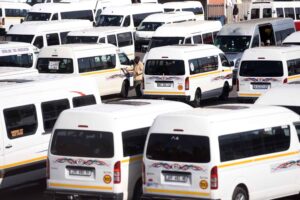


She is the one,we need her to lead us,she will never do what these are doing cos firstly,she knows that she will be turning the bones of her parents upsidedown,after her father secrifised his life to free us,her mother manage to live a parental life without her children because of apartheid,she never enjoyed the life of a kid with her parents,she skipped the country to join forces of change in free us all also,and trained by the people’s Army, umkhonto wesizwe with the likes of Solomon kalushi Mahlangu in 1977 in Angola,she is a revolutionary,sikhokele mamgcina,Lindiwe Sisulu for president.
I myself I fully support woman for presidential position is been long this man led ANC fight with power of women now is time as women let stand up and fight for our rights